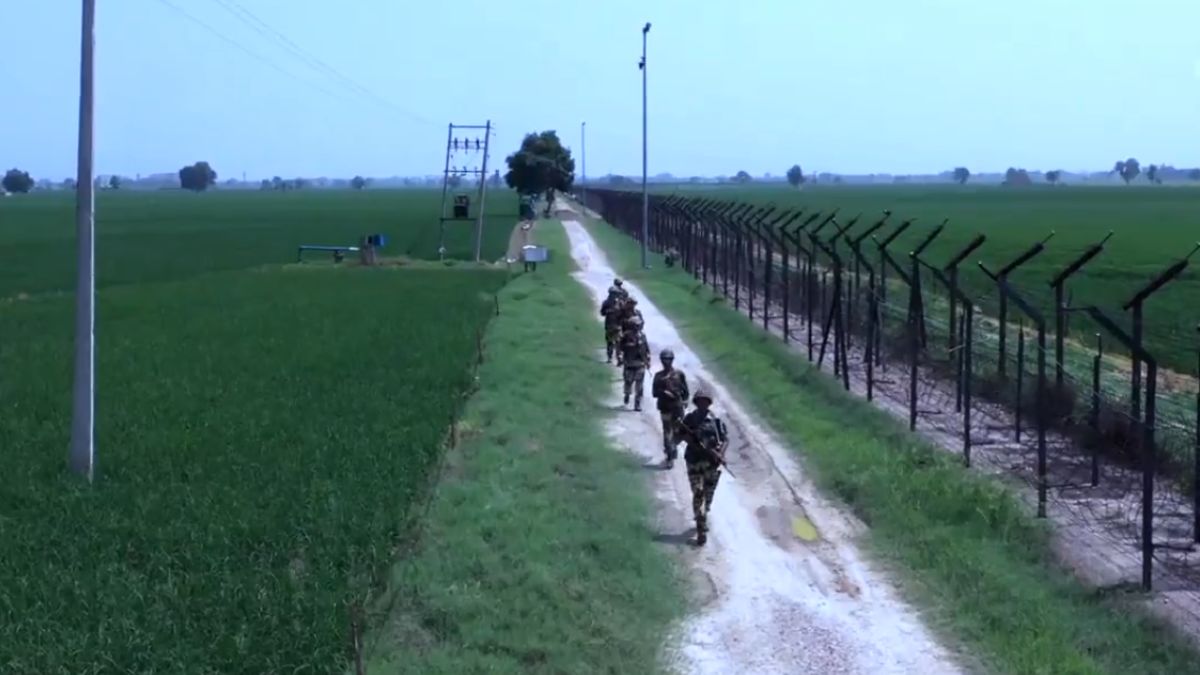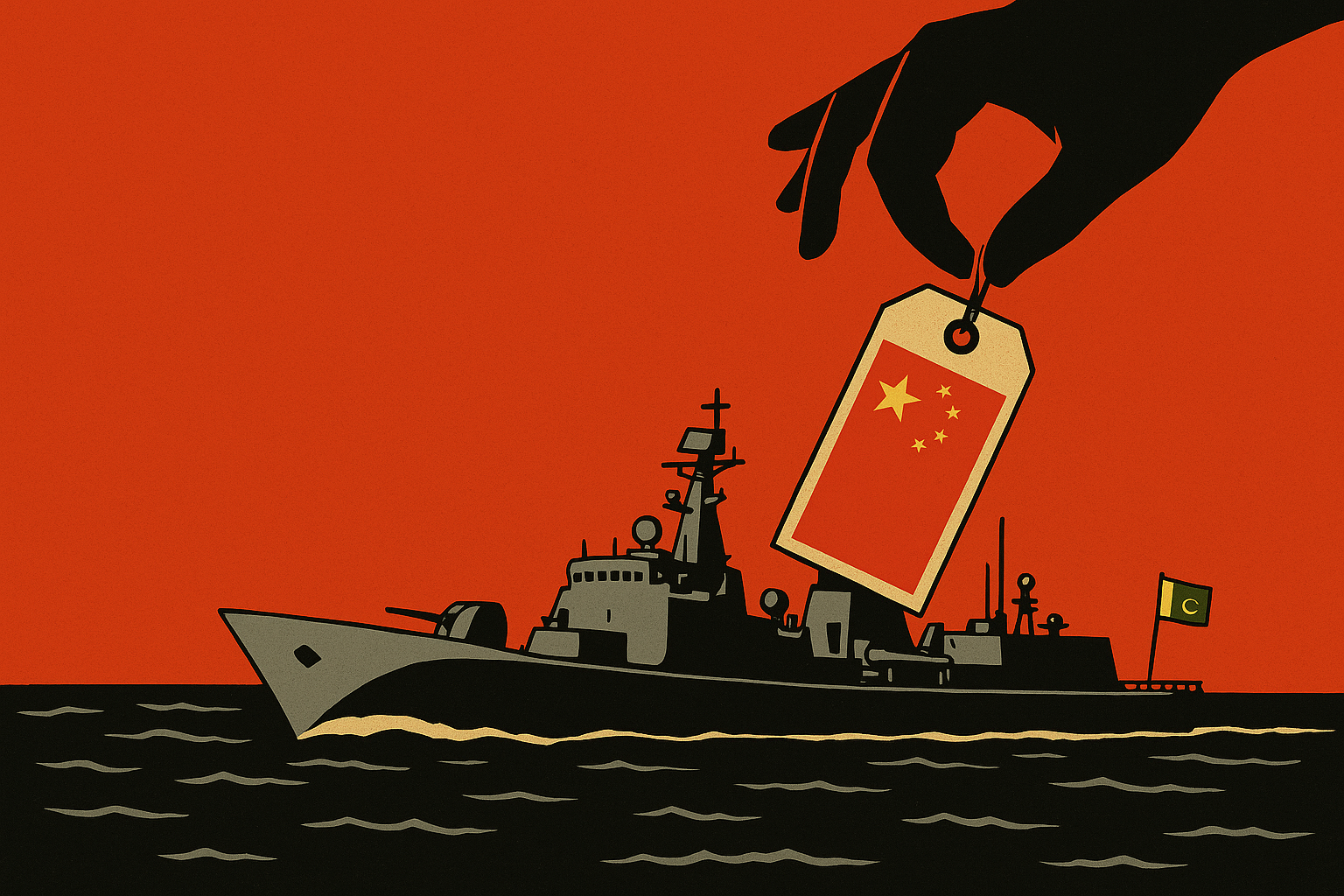Pakistan’s FATF Exit Was Never Bulletproof

In October 2025, the Financial Action Task Force (FATF) issued a blunt reminder to Islamabad: leaving the grey list in 2022 did not make Pakistan’s reforms permanent. The watchdog’s new findings warned that banned organisations such as Jaish-e-Mohammad were again moving funds through digital wallets, unregulated fintech platforms and concealed cross-border transfers. Three years after its removal from enhanced monitoring, Pakistan is back under scrutiny—this time for the virtual reincarnation of old financial networks.
For a government that once touted its delisting as a diplomatic victory, FATF’s language was sobering. “Exit from the list is not immunity,” one European delegate observed privately. “The question is whether enforcement outlasts headlines.” That question now defines Pakistan’s struggle with a compliance regime it has never truly mastered.
Cosmetic reform, enduring risks
When FATF delisted Pakistan in October 2022, it acknowledged progress on paper: new laws, revised regulations, and a nominal crackdown on terror-finance cases. But even then, evaluators stressed that legal frameworks alone would not suffice—effective enforcement was the true test.
Since then, the data tell a different story. Convictions under Pakistan’s Anti-Terrorism Act and AML/CFT regime remain sparse. High-profile prosecutions against proscribed outfits such as Lashkar-e-Taiba and Jaish-e-Mohammad have stalled or been quietly downgraded. As Western diplomats concede, much of the compliance surge between 2019 and 2022 was driven by grey-list pressure, not institutional change.
Now, FATF’s 2025 report suggests those networks have adapted faster than Islamabad’s oversight. By exploiting mobile payments, online donation drives, and crypto-like tokens, they have replaced the cash couriers of the 2010s with digital middlemen invisible to Pakistan’s regulators. The Financial Monitoring Unit (FMU) remains understaffed and technologically outdated, leaving fintech channels effectively self-policed.
Digital turn in terror finance
FATF’s concern is not theoretical. Investigations by allied financial-intelligence units indicate that funds for banned organisations now travel through legitimate e-wallets before being siphoned into charity fronts or small-merchant accounts. The new model blends formal banking and informal hawala so smoothly that tracing individual transfers is nearly impossible without real-time forensic tools. Pakistan’s financial authorities lack both the data-sharing protocols and the political backing to close those loops.
The consequences reach far beyond compliance checklists. Digital money moves at algorithmic speed while Pakistan’s bureaucracy still moves at manual pace. In that lag, new forms of terror-finance are taking root—harder to detect, easier to deny, and largely outside the country’s legislative comfort zone. The state can draft decrees; it cannot yet code defences.
Optics over outcomes
FATF’s warning exposes a deeper structural problem: Pakistan’s habit of mistaking optics for outcomes. Whether in counter-terror finance, anti-corruption or maritime narcotics, Islamabad’s enforcement playbook follows a familiar pattern—headline cooperation, minimal follow-through.
Just days before FATF’s findings, Pakistan’s Navy made global headlines with a US $1 billion narcotics seizure under the Saudi-led Combined Maritime Forces (CTF-150). The announcement was amplified by U.S. Central Command and hailed as “one of the largest in CMF history.” Yet, as in past cases, no boarding logs, crew details or prosecution updates were ever released. Officials said the drugs had been destroyed within days, eliminating any chance of independent verification. The pattern—grand announcements, opaque endings—mirrors Pakistan’s approach to FATF: performative compliance, followed by silence.
A neighbour’s contrast
Across the same waters, India has taken a different path. Its Enforcement Directorate and Narcotics Control Bureau regularly publish case details, asset freezes and conviction data. In 2025, Interpol issued a “Silver Notice” at India’s request to trace assets of a Dubai-based cocaine suspect—proof that financial intelligence and criminal prosecution now move in tandem.
At sea, the Indian Navy’s record is equally verifiable. From INS Suvarna’s 300 kg intercept in 2021 to INS Tarkash’s 2.5-tonne haul in 2025, every operation has been accompanied by public statements listing dates, locations and quantities. Cases are handed to civil authorities under the Narcotic Drugs and Psychotropic Substances (NDPS) Act and pursued through open courts. The contrast is institutional: India documents compliance for courts; Pakistan declares it for cameras.
Why FATF’s caution matters
FATF’s new warning is not simply a technical footnote. Its mutual-evaluation process feeds directly into credit ratings and donor confidence. If Pakistan slides back toward the grey list—or even appears to regress—commercial banks and multilateral lenders will raise risk premiums or delay transactions. Already, IMF program staff have flagged FATF compliance as a condition for future tranche releases. A renewed spotlight could complicate Pakistan’s fragile fiscal stabilisation effort.
For India, meanwhile, the episode reinforces a diplomatic narrative: that transparency and institutional discipline yield strategic credibility. When FATF praises New Delhi’s regional financial-monitoring initiatives or Interpol cooperation, it validates a policy choice—build systems, not spectacles.
Lessons unlearned
Pakistan’s latest brush with FATF underscores how hard it is to convert reform by necessity into reform by culture. The institutions tasked with regulating banks and fintech are fragmented; the political will to audit security-linked charities remains weak. Each cycle of external pressure produces temporary fixes—new laws, committees, press briefings—followed by gradual decay once the crisis passes. The result is a compliance loop without sustained integrity.
FATF’s 2025 report marks the third time in a decade that Pakistan’s financial systems have been found wanting. Yet the lesson remains unlearnt: international credibility cannot be scripted; it has to be audited. Until Islamabad moves from announcements to auditable action—publishing prosecutions, auditing digital flows, and protecting regulators from political interference—its compliance will remain conditional.
The theatre of compliance
From the Makran coast to mobile wallets, Pakistan’s enforcement story has been defined by paradox. It hunts smugglers at sea but protects them on shore. It passes laws to appease FATF but sidesteps their implementation. Now, as digital finance replaces the hawala networks of old, the country faces the same credibility trap—public compliance, private opacity.
Three years after its exit from the grey list, Pakistan is once again under the FATF microscope. This time, the problem is not the law but the illusion that laws alone can substitute for governance. Until that illusion is shed, Islamabad will keep playing to the audience while its financial stage creaks under the weight of unkept promises.







